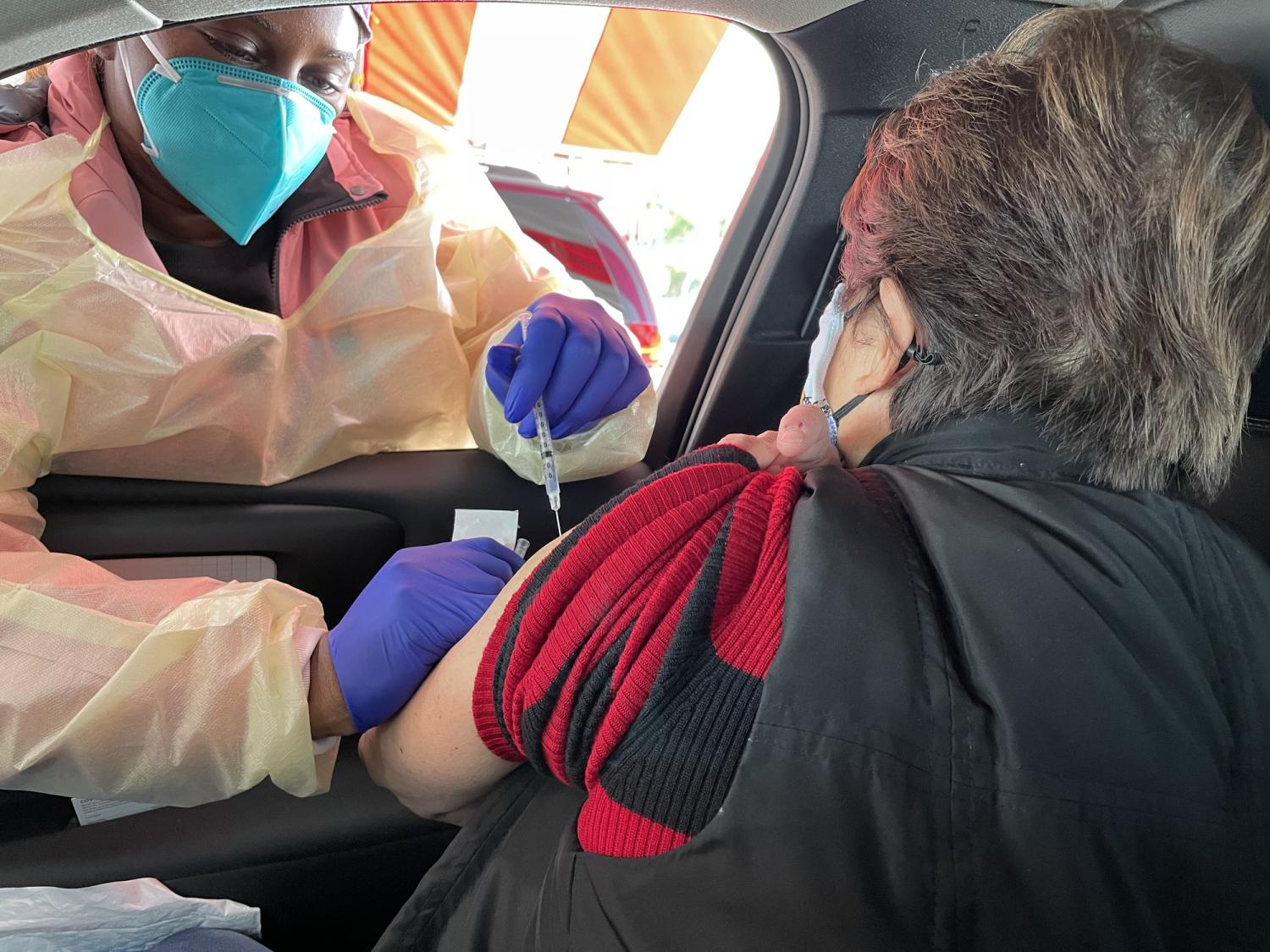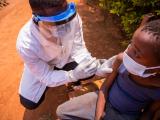Only 41% of US adults with impaired immune systems, who are at high risk for poor COVID-19 outcomes, have received four doses of mRNA vaccine, and less than 1% had received the recommended five doses as of August, according to a study published late last week in JAMA Network Open.
The study, led by researchers from Kaiser Permanente Southern California (KPSC), examined uptake of the Pfizer/BioNTech or Moderna mRNA COVID-19 vaccine in 42,697 patients with impaired immune systems from Dec 14, 2020, to Aug 6, 2022. The Centers for Disease Control and Prevention (CDC) currently recommends that these patients receive five doses.
Among the 42,697 patients, 44.0% were aged 65 years or older, 47.0% were women, 41.9% were White, 33.5% were Hispanic, 12.1% were Black, and 10.1% were Asian or Pacific Islander.
Older patients most likely to get at least four doses
At study enrollment, 4,503 patients (10.6%) were unvaccinated, 36,606 (85.7%) had received a single dose, and 1,588 (3.7%) had received a combination of the two vaccines.
By the end of the study period, after accounting for death or disenrollment from the KPSC health plan, 78.0% of immunocompromised patients had received a third dose of mRNA COVID-19 vaccine, 41.0% had gotten a fourth dose (primary series plus monovalent [single-strain] booster dose), and only 0.9% had received a fifth dose (second monovalent booster).
Of the 31,122 participants who received a third dose at least 3 months before study end, 47.3% obtained a fourth dose. Similarly, among 13,054 recipients of a fourth dose at least 4 months before study end, 3.0% received a fifth dose.
Participants 65 years and older were more likely to receive at least four vaccine doses than younger patients (hazard ratio [HR], 3.95 vs 2.52, respectively). Those least likely to receive at least four doses were Black versus White adults (HR, 0.77), patients who previously had COVID-19 vs never-infected participants (HR, 0.71), and those receiving high-dose corticosteroids versus patients not taking these medications (HR, 0.88).
Some types of immunocompromising conditions and medications were tied to a higher probability of fourth-dose receipt, including organ transplant (HR, 1.36), congenital immunodeficiency (HR, 1.09), HIV/AIDS (HR, 1.69), and receipt of chemotherapy (HR, 1.07), immune system-regulating drugs (HR, 1.22), and TNF-α antagonists (drugs used to treat conditions such as rheumatoid arthritis and Crohn's disease; HR, 1.28).
Targeted, tailored interventions needed
The study authors said that because COVID-19 vaccination guidelines changed rapidly over the past 2 years, many Americans are confused about what constitutes being current with COVID-19 vaccination, particularly for those with impaired immune systems.
Some types of immunocompromising conditions were tied to a higher probability of fourth-dose receipt, including organ transplant, congenital immunodeficiency, HIV/AIDS, and receipt of chemotherapy.
Other possible reasons behind the low booster-dose uptake in immune-impaired patients include misperceptions about vaccine effectiveness in this population or against the Omicron variant, "pandemic fatigue," or the misbelief that the availability of antiviral drugs and monoclonal antibodies means that vaccination is no longer needed.
"Given the increased risk for severe COVID-19 in this vulnerable population and the well-established additional protection afforded by booster doses, targeted and tailored efforts to ensure that immunocompromised individuals remain up to date with COVID-19 booster dose recommendations are warranted," the researchers wrote.




















